I have a simple SELECT * From tv Where Client = 'ABCD' query and when I do an EXPLAIN EXTENDED, it gives me two different results. When executing the query, one of them take a few milliseconds, while the other takes about 3 seconds. Why would it give two different explain results and what is causing the slowness?
Slow Query:

Fast Query:
